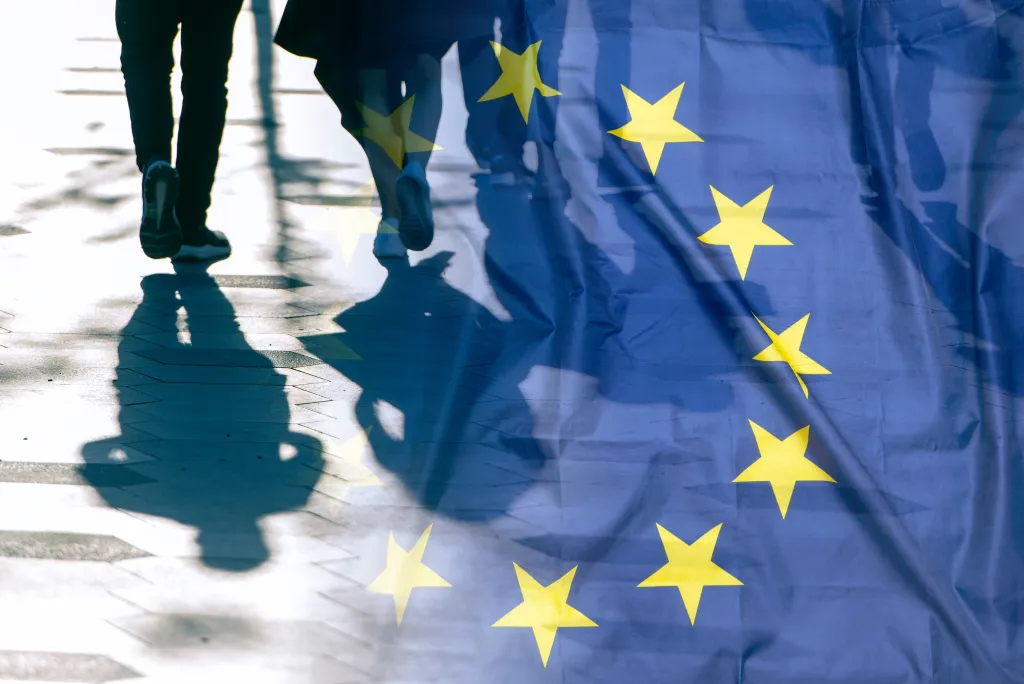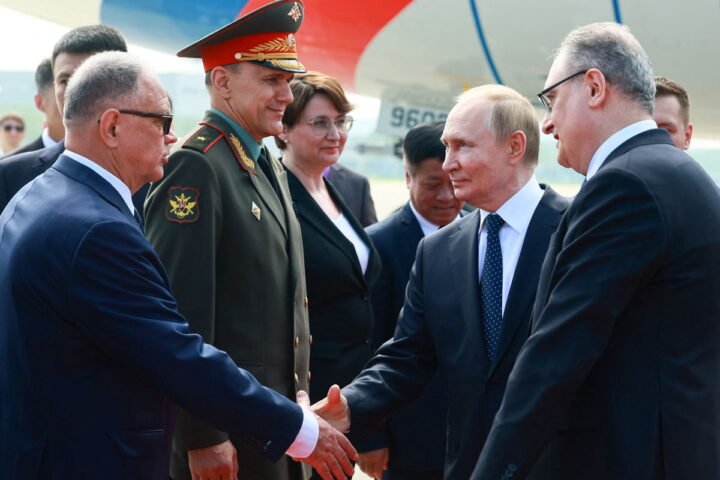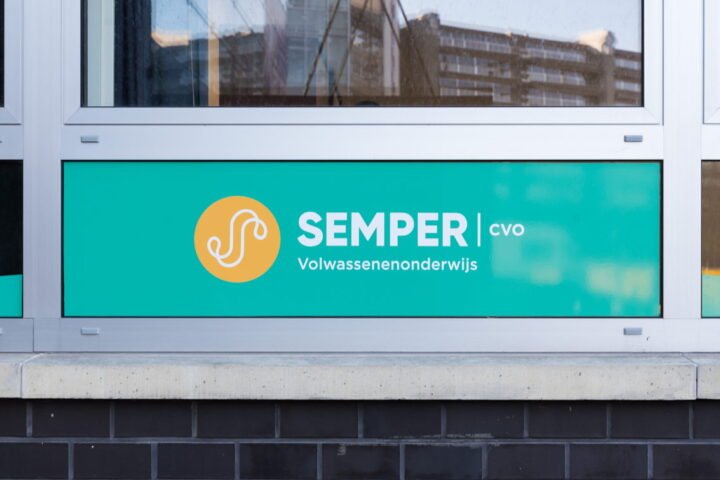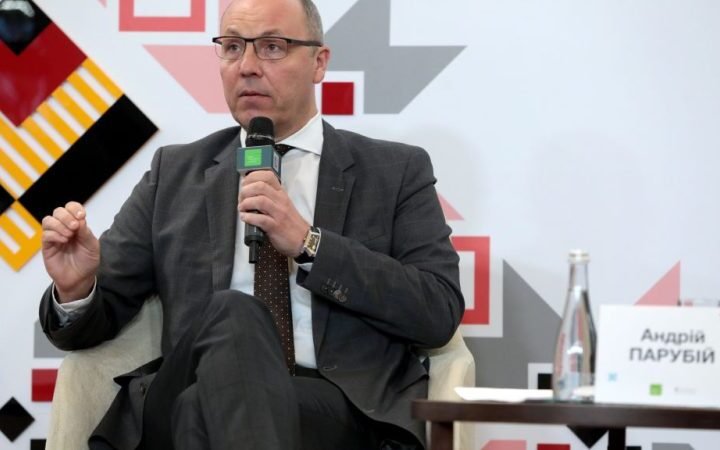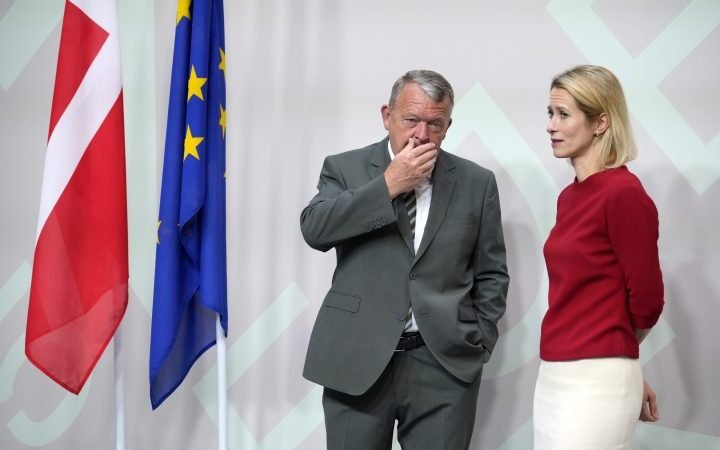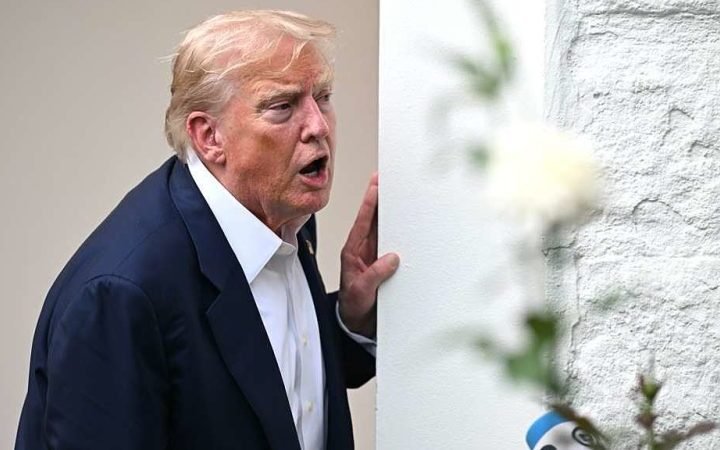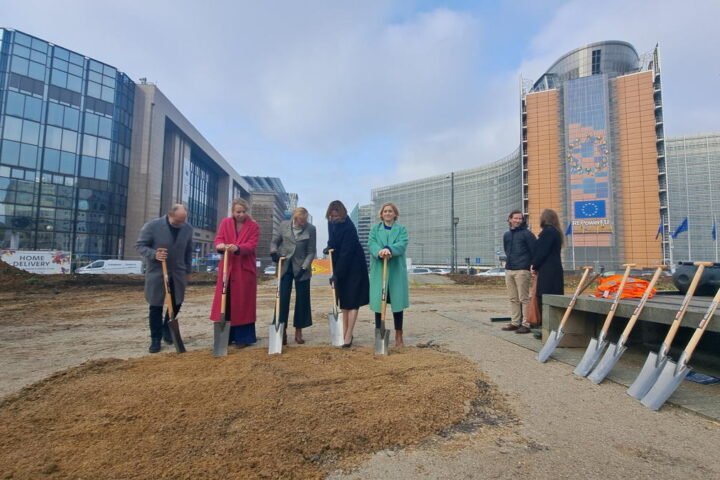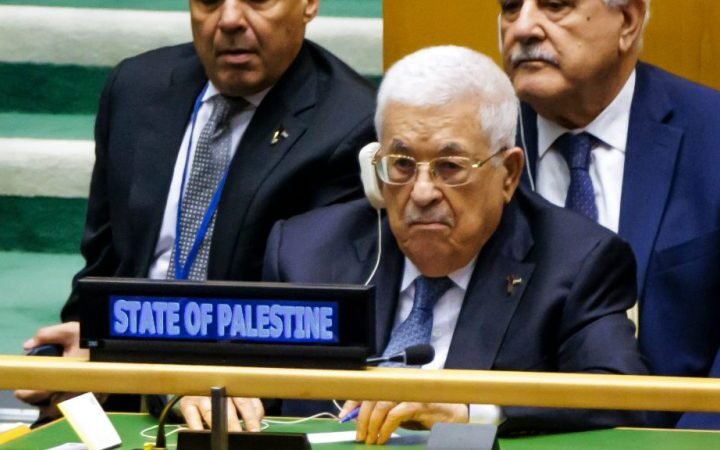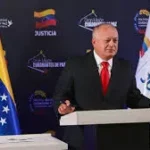For the first time in years, Europe’s migration debate appears unusually sedate, not because the fight is over, but due to member states converging around an increasingly hardline stance. Beneath the surface, however, tensions are simmering.
After the summer, the Commission will assess which nations face the most migration pressure and decide the responsibilities within the EU’s new solidarity mechanism aimed at shifting the bloc toward centralized governance with mandatory burden-sharing.
Every country must contribute by either relocating asylum seekers, providing financial support, or offering other forms of assistance. This politically sensitive calculus is expected to extend into December, when the solidarity Europe has been boasting will truly be tested.
For now, member states are playing nice. They are signing joint letters, holding pre-EUCO “migration breakfasts,” and exchanging ideas under Ursula von der Leyen’s oversight as she prepares notes for future proposals.
Recently, migration discussions, once a source of political chaos at the Berlaymont, are now regarded as merely a standard agenda item. The formal approval of the EU’s Pact on Migration and Asylum last year led to a rare moment of tranquility. Even divisive measures, such as “return hubs” for migrants awaiting deportation, have seen reduced controversy.
However, the storm may return this autumn. The mechanism allows the Commission to consider “Dublin returns,” which involve sending asylum seekers back to their initial country of entry, potentially impacting southern frontline countries like Italy and Greece, and reigniting longstanding north-south divisions. States failing to meet their obligations may lose EU solidarity support, with contributors pushing hard for compliance.
As numbers such as quotas and payments take center stage, the facade of unity may begin to crack. Signs of strain are already emerging. In February, Poland’s Prime Minister Donald Tusk indicated that Poland will not implement any additional measures for “quotas of immigrants.” Alongside Hungary, Poland is among the few EU capitals that have yet to submit a national implementation plan.
Nonetheless, former EU Commissioner Margaritis Schinas, a key architect of the pact, remains unfazed. “With their stances, they remind us of their views on migration policy,” Schinas stated. “It would be suicidal for Europe to dismantle this.”
A new role, the EU Solidarity Coordinator, is set to be filled by Michael Shotter, director DG Migration and Home Affairs. His appointment is expected to be confirmed post-summer, reports 24brussels.
Mixed messages on US-EU trade
Yesterday, the EU defended what it termed a “huge” new trade deal with the US, despite conflicting statements from Washington that cast doubt on its extent. The Commission asserted that a “quota system” for steel and aluminum would be established, under which certain quantities would face tariffs lower than Trump’s previous 50% rate.
However, a White House “Fact Sheet” contradicted this, stating: “The sectoral tariffs on steel, aluminum, and copper will remain unchanged … The EU will continue to pay 50% and discussions will focus on securing supply chains for these products.”
When pressed regarding this discrepancy, EU trade spokesperson Olof Gill referred reporters to the Commission’s press release, which claimed otherwise: “Together, the EU and the US will establish tariff rate quotas for EU exports at historic levels, cutting the current 50% tariffs.”
Questions also linger over pharmaceuticals. Gill indicated that EU pharma exports would face a 15% levy post-US Section 232 investigation. However, the US statement did not mention any delays related to the probe.
All details are set to be clarified in a US-EU joint statement, which Gill emphasized should be forthcoming soon. Nonetheless, Brussels is preparing for the eventuality of conflict, stating it will not retract its €93 billion retaliatory package aimed at US goods until the joint statement is finalized. The measures, impacting aircraft, vehicles, and food products, are scheduled to take effect on August 7, urging negotiators to act swiftly.
EU split on suspending Israel from Horizon
Member states discussed the Commission’s proposal to partially suspend Israel from Horizon Europe amid the Gaza crisis, but no qualified majority emerged. On Monday, the Commission suggested barring Israeli companies from a research funding program, particularly those funding defense and dual-use technologies.
Approximately ten member countries, including France, Spain, and Ireland, back this initiative, with some advocating for more severe actions like suspending trade benefits. Conversely, Hungary, Austria, Bulgaria, and the Czech Republic exhibit firm opposition. Germany and Italy remain undecided, citing the proposal’s late introduction and a need for further analysis.
The next steps could involve reconvening Coreper or proceeding with written procedures. Diplomats predict that action may pick back up later this summer.
UK, Malta join Palestine recognition team
The UK and Malta announced their intention to recognize a Palestinian state, joining France in this initiative. UK PM Keir Starmer stated that recognition would occur unless Israeli PM Benjamin Netanyahu’s government consents to a ceasefire in Gaza and commits to a two-state solution by September.
The US, Israel’s strongest ally, condemned an ongoing UN conference led by France and Saudi Arabia aimed at supporting a two-state solution, denouncing it as an “insult” and a reward for Hamas.
Nine countries line up for defense cash
Belgium, Bulgaria, Cyprus, Czechia, Estonia, Spain, Finland, Hungary, and Lithuania have formally expressed interest in borrowing from the EU’s €150 billion SAFE military procurement program. EU defense chief Andrius Kubilius predicted that the number of participating countries could double, with Poland and Greece also planning to apply. Although Tuesday marked a soft deadline, late applications might still be considered.
A comprehensive list of participating countries is anticipated to be released today, according to a spokesperson from the Commission.
Presidente? Not quite
A mix-up at a German press briefing saw the late Silvio Berlusconi mistakenly announced as an upcoming guest. In reality, his son, Pier Silvio Berlusconi, was present to promote the family’s bid for ProSiebenSat.1, a leading German media company. The Berlusconi family’s MFE Media Group has announced it will increase its offer to stakeholders for full control of the company.
The Capitals
BERLIN | Hungarian Prime Minister Viktor Orbán met with Alice Weidel, co-leader of Germany’s far-right AfD party, in Budapest for the third time, indicating growing ties. He stated they will “work together in the upcoming years” on issues such as migration and “war in our immediate neighbourhood.”
PARIS | The struggle for representation in this city’s affluent district has morphed into a political feud, juxtaposing EU heavyweight Michel Barnier against scandal-afflicted minister Rachida Dati, posing a political challenge for Emmanuel Macron.
THE HAGUE | The Netherlands has barred Israeli ministers Itamar Ben-Gvir and Bezalel Smotrich from entry, citing their incitement of violence and endorsement of ethnic cleansing in Gaza. This decision follows a national security report cautioning against Israeli political interference, marking a significant shift in the Dutch government’s stance toward Netanyahu’s administration.
DUBLIN | The Irish High Court has ruled against X’s attempt to prevent the Online Safety Code, affirming its alignment with EU law. The platform claimed noncompliance with the Digital Services Act but stated it would now implement age verification to comply.
ROME | A proposed 15% tariff on EU goods under the new US trade deal could reduce Italy’s GDP by €6.3 billion and jettison over €8.6 billion in exports, according to think tank SVIMEZ, putting nearly 104,000 jobs at risk. Exemptions for the pharmaceutical sector would significantly mitigate the impacts.
MADRID | Spanish defense firm Indra expressed support for Belgium’s potential inclusion in the EU’s Future Combat Air System programme, a joint initiative to develop next-generation fighter jets. This follows internal rifts in the FCAS, led by France, Germany, and Spain, amidst rising geopolitical tensions.
BRATISLAVA | PM Robert Fico accused the UK of meddling in Slovakia’s 2023 election by financing influencers to manipulate public opinion. The British embassy and the article’s author have denied the allegations, asserting the campaign aimed solely to increase voter turnout.
Also on Euractiv
Andrius Kubilius, the EU’s top defense official, warned that European militaries currently operate at just half the strength NATO demands, urging governments to reduce reliance on American weaponry.
Every year, terminally ill patients from across Europe travel to Belgium and
